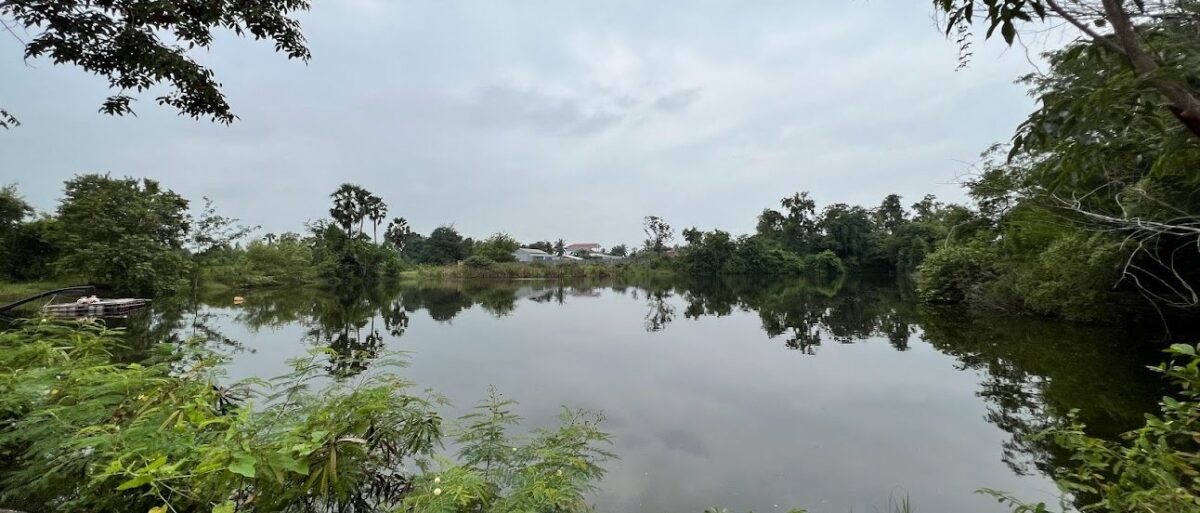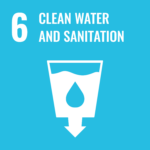People
Provide 15.8k new household connections, which is expected to improve first time access to piped water for 67k consumers. This will improve their quality of life and resilience to current and future effects of climate change.


| Investee Company | Khmer Water Supply Holding (KWSH) |
| Sector | Water, Sewage and Sanitation |
| Country | Cambodia |
| Total Project Cost | USD 3.5m |
| PIDG Commitment |
|
| Dates of PIDG involvement |
|
In Cambodia, the private investor is granted a Private Water Operator (PWO) License to serve non-urban areas that typically cover at least one or two communes and encompass from a few hundred to 15,000 households. As of 2015, there are approximately 400 private operators in the country. Recognizing the private sector as an important driver of service expansion in the country, the Government of Cambodia has signalled continued support for PWOs. InfraCo Asia’s role in supporting the development of the water sector in Cambodia will help the PWOs grow and apply best practices to improve the quality of services to end users.
PIDG provided a long-term loan (through InfraCo) to Khmer Water Supply Holding (KWSH) – the biggest Cambodia-based licensed private water operator – to expand the distribution network of potable water in 4 provinces of Cambodia.
Technical Assistance grants have been utilised to improve gender equity, and provide training for addressing gender based violence and harassment (GBVH) and health, safety, environmental and social (HSES) concerns.
Provide 15.8k new household connections, which is expected to improve first time access to piped water for 67k consumers. This will improve their quality of life and resilience to current and future effects of climate change.
Challenge: 77% of the rural population lacks access to safe and adequate drinking water.
Channel: Demonstrate the viability of water infrastructure in semi-rural and rural areas.
Outcome: Encourage private sector participation in the water sector.
Transition: Medium. Most power stations utilised by the water stations is sourced from the grid but back up diesel generators are required to ensure 24/7 supply.
Physical: Scenarios considered for fluctuating water availability due to changing weather patterns.
Women and girls are largely responsible for household water collection in the rural areas of Cambodia, so they are expected to disproportionately benefit from improved health and hygiene, and reduced time spent on collecting water. Cambodian women are also largely underrepresented in the water sector.
The gender focused grant will include a review of KWSH’s existing human resources policies and resourcing plan, undertake a skillset gap analysis, and recommend relevant trainings to enhance women’s business and technical skills in the water sector. The grant financed assessment will also provide recommendations on how to strengthen existing programmes that support low-income families, including female-headed households and people with disabilities.
As part of the due diligence, 15 enhancement opportunities were identified which are now reflected in the Project Environmental and Social Action Plan (ESAP). A grant will finance capacity building and support alignment with IFC Performance Standards.